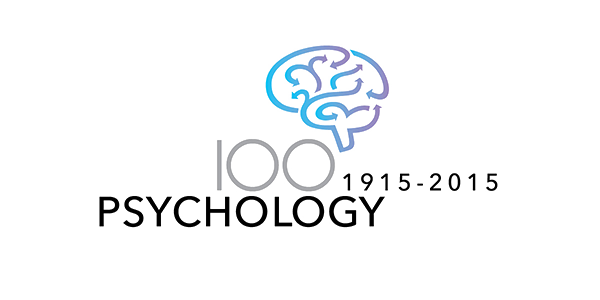Cognitive Neuroscience Graduate Program
The goal of the Cognitive Neuroscience Ph.D. Program is to train cognitive neuroscientists who deeply understand and integrate cross-disciplinary research findings, perspectives, and tools for the study of mind, brain, and behavior.
A unique feature and strength of our program is the opportunity for students to engage in a set of scientific and social events that foster exposure to
These faculty routinely train Cognitive Neuroscience Ph.D. students:

John Anderson
Richard King Mellon University Professor of Psychology and Computer Science
We use neural imaging (fMRI, EEG, MEG) to study the sequential structure of complex tasks like mathematical problem solving and video games. Machine learning techniques combine imaging data and computational models to track mental processes in the performance of a task.

Marlene Behrmann
Thomas S. Baker University Professor of Psychology and Cognitive Neuroscience
Behrmann's research program is on understanding the psychological and neural bases of visual cognition, with particular emphasis on the recognition of faces, words and common objects. The research involves a multimodal approach using psychophysics, functional MRI and EEG and different populations including normal and brain-damaged adults and children.

Jessica Cantlon
Ronald J. and Mary Ann Zdrojkowski Associate Professor of Developmental Neuroscience/Psychology
We study the developmental, evolutionary, and cultural origins of logic and mathematics using fMRI and behavioral methods with children and adults, comparative studies with non-human primates, and cross-cultural research in the Amazon. Our studies test the kinds of computations that are shared among primates, their developmental trajectory, and what makes the human brain unique.
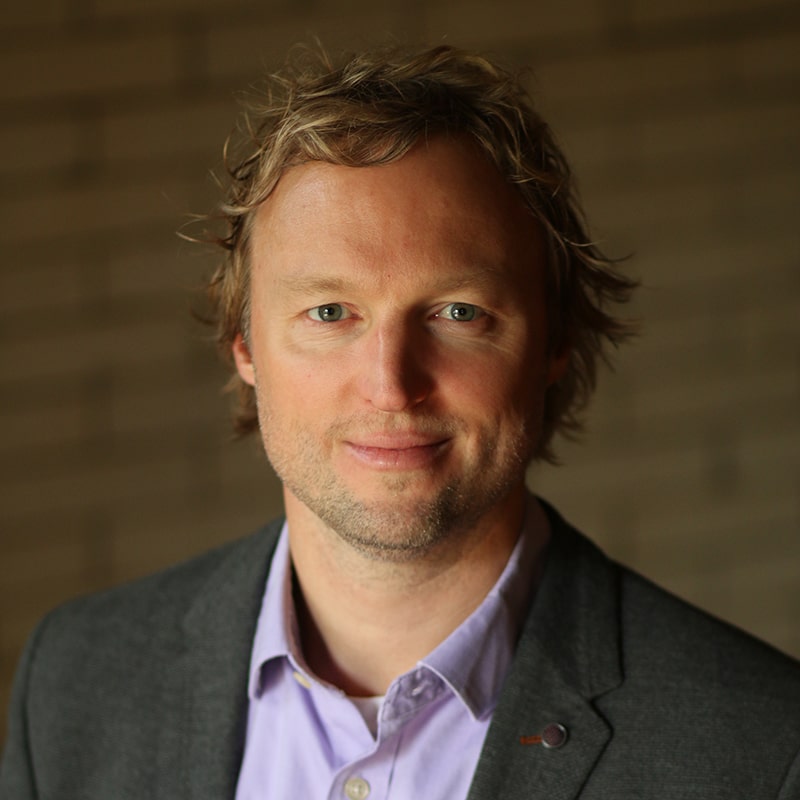
David Creswell
William S. Dietrich II Professor in Psychology and Neuroscience
David's research focuses broadly on understanding what makes people resilient under stress. Specifically, he conducts community intervention studies, laboratory studies of stress and coping, and neuroimaging studies to understand how various stress management strategies alter coping and stress resilience.
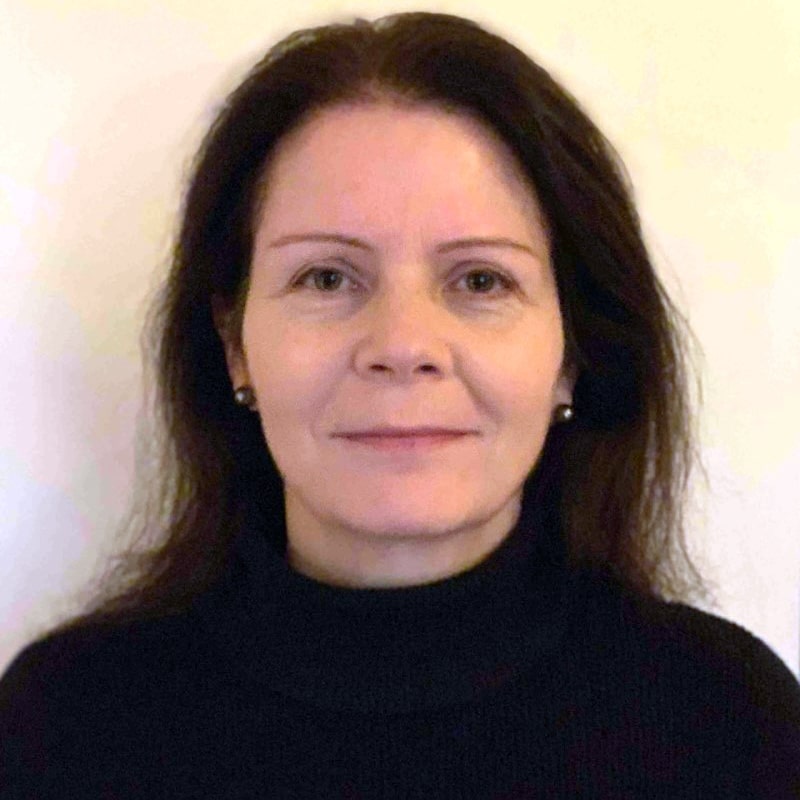
Laurie Heller
Professor of Psychology (Teaching)
My research examines the human ability to use sound to understand what events are happening in the environment. My perceptual experiments address whether there are acoustic cues that reveal attributes of sound events, and how our knowledge of these cue-attribute relationships influences our discrimination of sounds, labeling of sounds, and multimodal perception.
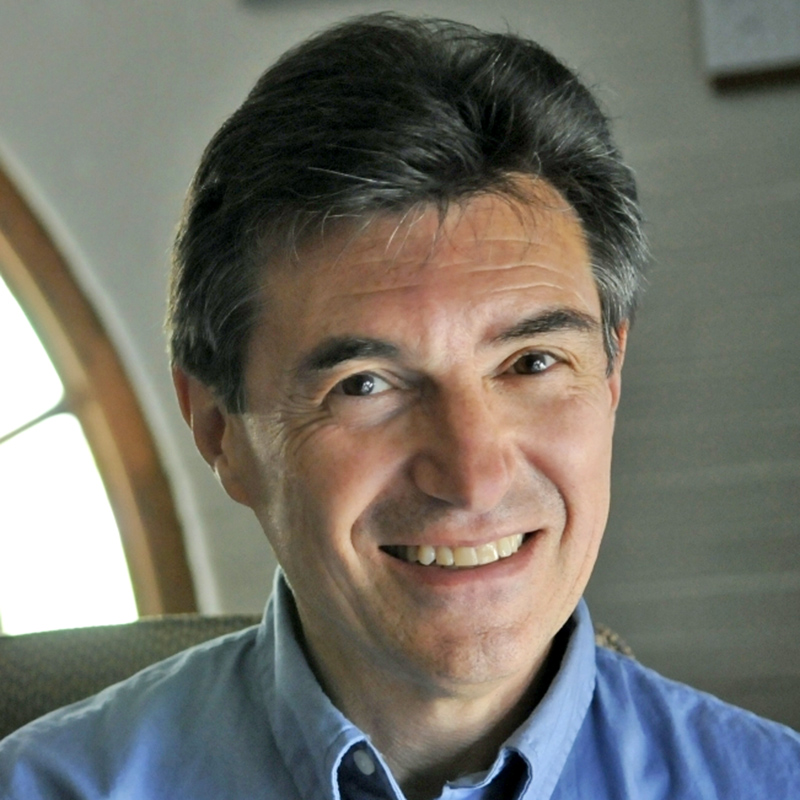
Marcel Just
D.O. Hebb University Professor of Psychology
My research uses fMRI (and occasionally EEG) to determine how concepts, sentences and other knowledge structures are neurally represented, ultimately decoding thoughts from their fMRI signature. I am also investigating the applications of this approach to psychiatric alterations of concepts (particularly in suicidal ideation) and in the representation and learning of scientific concepts.
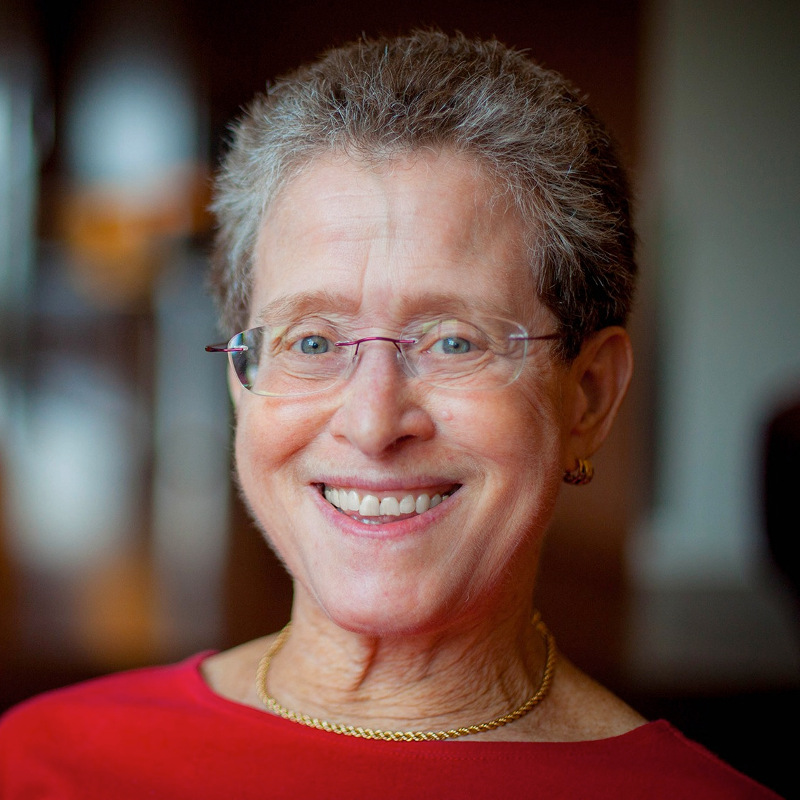
Roberta Klatzky
Charles J. Queenan, Jr. University Professor of Psychology and Human-Computer Interaction
I study how humans form perceptual representations in multiple sensory modalities and use them to guide action. My work has a strong connection to application, such as aiding blind people in navigation or augmenting surgery with touch and visual displays.

Brad Mahon
Associate Professor of Psychology
I work on the organization of object concepts in the brain, and how the brain recovers from injury.

David Plaut
Professor of Psychology and the Neuroscience Institute
My research involves using computational (neural-network) modeling, complemented by behavioral, neuropsychological, and neuroimaging studies, to investigate the neural basis of cognitive processing in the domains of high-level vision, reading and language, and semantics, over the course of development, in skilled adults, and in patients with brain damage.

Barbara Shinn-Cunningham
Director, Carnegie Mellon Neuroscience Institute, George A. and Helen Durham Cowan Professor of Auditory Neuroscience, Center for the Neural Basis of Cognition and Professor of Psychology (Courtesy)
I work on auditory neuroscience, especially auditory attention and communicating in complex environments, using EEG, MEG, fMRI, behavioral, and computational methods.

Michael J. Tarr
Kavčić-Moura Professor of Cognitive and Brain Science, Professor of Psychology and the Neuroscience Institute, and Professor of Machine Learning (Courtesy)
Using tools drawn from machine learning, computer vision, computer graphics, cognitive science and neuroimaging we are exploring how high-level structures within biological vision systems arise given minimal conditions, as well as how such models can help us to better understand the processes that underlie vision.

Jonathan Tsay
Assistant Professor
From brewing the perfect cup of coffee to handling routine lane changes, humans are remarkably skilled at mastering a limitless repertoire of movements. My long-term research goal is to understand how humans achieve this exquisite feat of learning by combining computational modeling, psychophysics, and neuropsychology. I expect these findings to apply broadly to optimize clinical rehabilitation, improve human performance, and inspire the next generation of brain-computer interfaces.

Timothy Verstynen
Associate Professor of Psychology and the Neuroscience Institute
My lab studies how the architecture of cortical and subcortical circuits gives rise to the algorithms of decision-making and learning. We apply this understanding in the context of health neuroscience and artificial intelligence.

Leila Wehbe
Assistant Professor of Machine Learning, Assistant Professor of Psychology (Affiliated)
I use functional Magnetic Resonance Imaging (fMRI) and Magnetoencephalography (MEG) to investigate how the brain represents complex meaning in everyday life.
